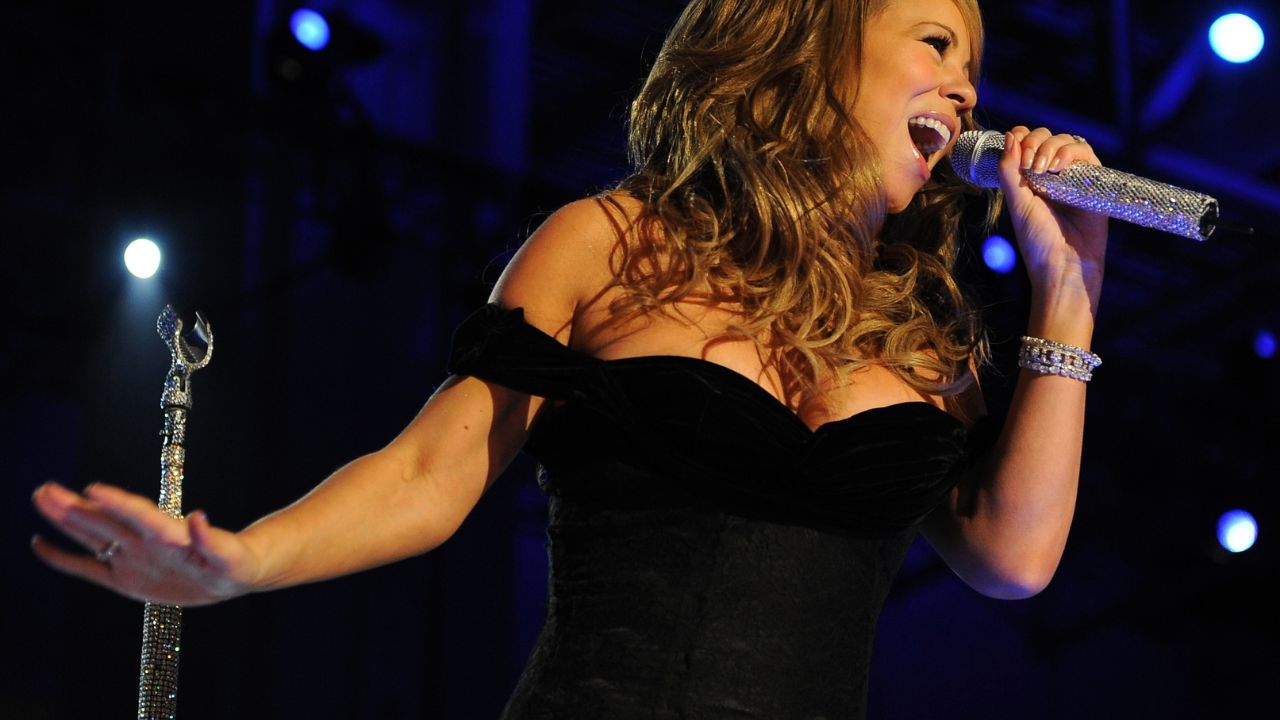Television, since its inception, has grown into one of the most powerful tools for mass communication. During the period from 1970 to 1990, its impact on culture and society became increasingly profound. Experts in mass communication began to study the ways in which television shapes public opinion, influences behavior, and even redefines societal norms.
In this era, television emerged as a primary source of information and entertainment for millions of people. It provided instant access to news, connecting viewers to events from across the globe in real time. This constant flow of information had a significant effect on how people viewed the world and interacted with it. By broadcasting live events, television had the power to unify audiences, creating a shared experience that transcended geographical boundaries.
Experts noted that television was not only a medium for delivering content but also a cultural force. Popular shows, advertisements, and news programs began to influence fashion, language, and social trends. Television brought celebrities into living rooms, creating a new type of idolization and fandom. The portrayal of different lifestyles, relationships, and values on television shaped public perceptions, sometimes reinforcing stereotypes and other times challenging them.
During the 1970s and 1980s, television also became a platform for political discourse. Political debates and campaigns were broadcast, allowing candidates to reach a broader audience. This shift toward televised politics changed the way elections were conducted and perceived, emphasizing visual presentation and soundbites over detailed policy discussions.
However, experts also highlighted potential drawbacks to television’s growing influence. The constant barrage of advertisements and sensationalized news stories could lead to information overload, reducing viewers’ attention spans and contributing to a culture of consumerism. Additionally, the dominance of certain narratives on television could marginalize diverse voices and reinforce existing power structures.
Overall, television during this period emerged as a double-edged sword. It had the potential to inform and unite, but it could also manipulate and mislead. The challenge for viewers and content creators alike was to find a balance, ensuring that television served as a force for good rather than a source of division or distortion.





